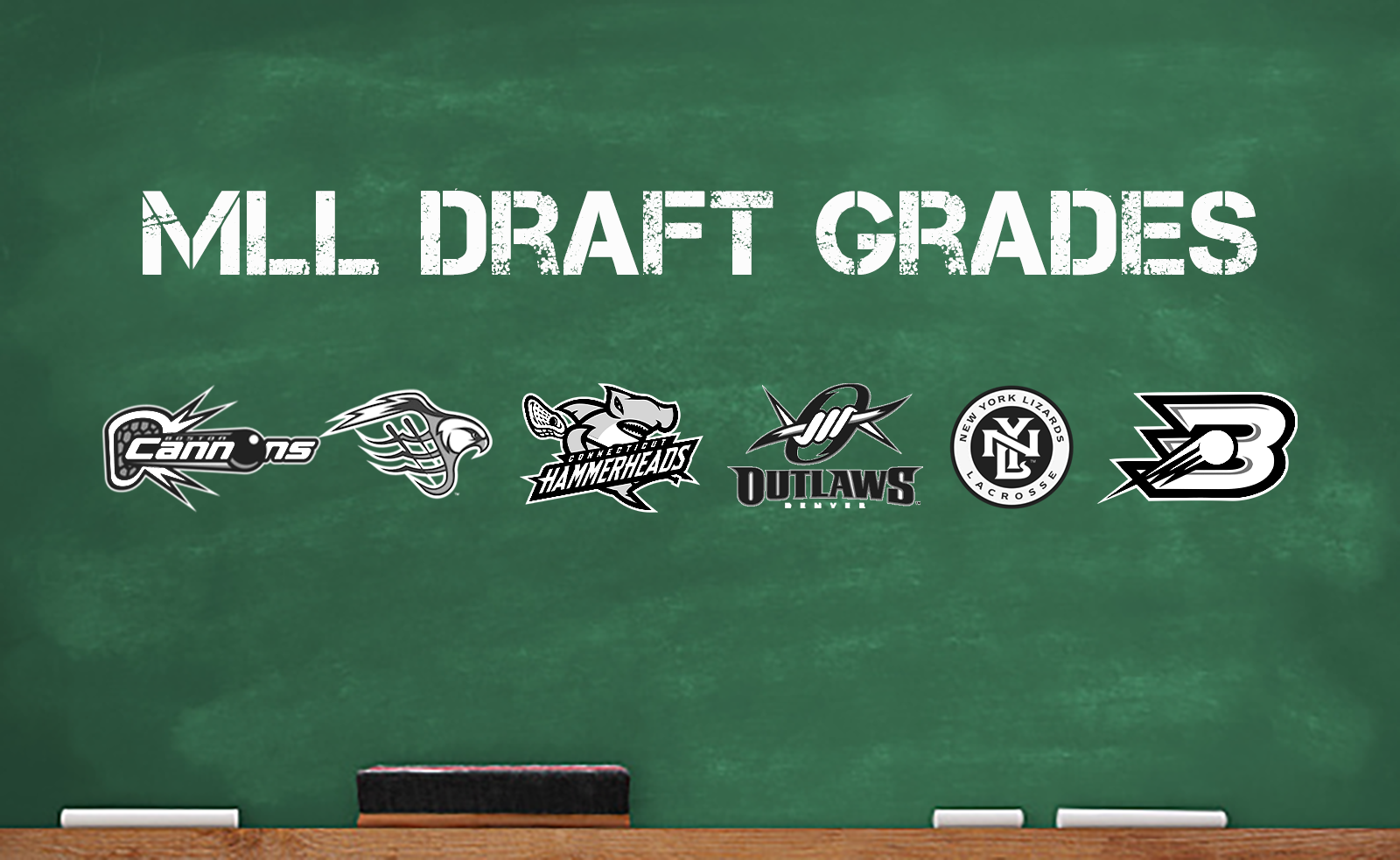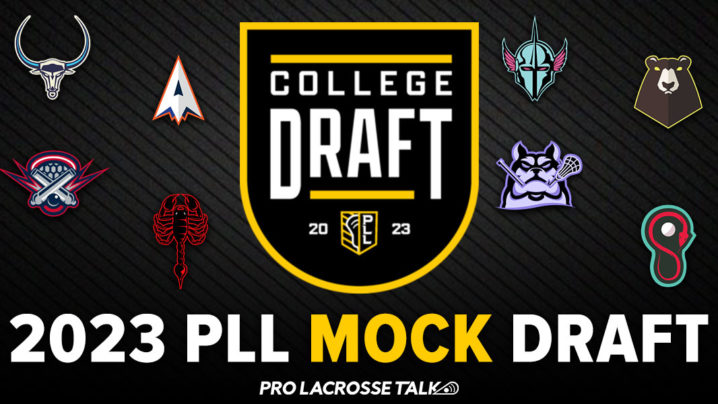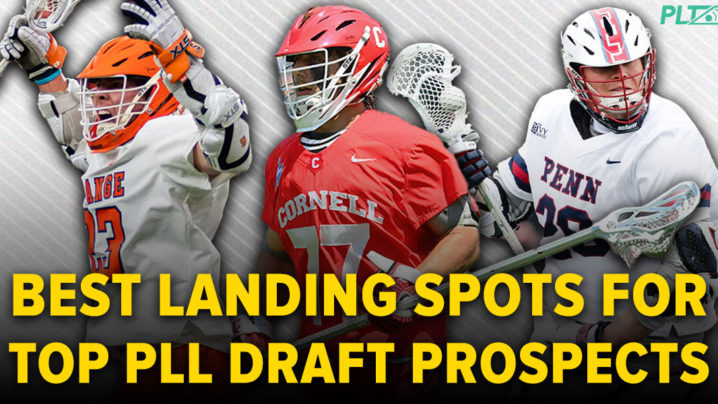The 2020 MLL College Draft has come and gone. Some teams drastically improved, others were less successful and a few were impacted by players choosing to return to college shortly after being drafted.
I decided to take a look at how each of the six MLL teams did and give them each a grade. I took into account who was available at the time, how each team addressed their needs and other less controllable factors like whether their picks are eligible to join them for the 2020 season. There are still many factors that will determine whether the majority of these picks will pan out, but for now this is how I’d grade each MLL team’s 2020 draft.
Boston Cannons

Primary Needs: defense, more defense, backup goalie
The Boston Cannons were already loaded on the offensive end. Sean Quirk said he didn’t think Nick Mellen would be available to him with the fourth overall pick, so when the Cannons were on the clock and Mellen was still on the board, it clearly was a no brainer. Mellen can play close and LSM for the Cannons. He’s been Syracuse’s top cover defenseman essentially his entire career, despite being slightly undersized.
Boston only had five picks in this draft, so they needed to make them count. Their next two picks were Jeff Teat and Michael Sowers with the 25th and 28th picks. If the Cannons can manage to get these guys signed, their biggest opponent all season might be the game day salary cap. Yes, Teat and Sowers are guys who will likely pursue the PLL, but if you’re at pick 25 and Jeff Teat is sitting there, grabbing his rights makes plenty of sense. And if you like Teat at 25, you probably love Sowers, arguably the top overall prospect, at 28.
If they don’t ever play, and Boston comes out of this draft with just three players, that might sting a bit though. Boston rounded out the draft grabbing Peyton Smith, a faceoff specialist who will push for the top job, and Jason Brewster, another athletic defender out of UMBC. Adding Mellen to a defense led by James Fahey and goaltender Nick Marrocco makes the Cannons even better than it was a week ago.
Grade: B+

Chesapeake Bayhawks

Primary Needs: Close defense, midfield athleticism, LSM of the future
The defending champs are in a good spot. They lose Jesse Bernhardt, but still have a leader on defense in CJ Costabile and a strong goalie roster with Brian Phipps and Niko Amato. They’re loaded attack group is all back, leaving really just a few needs.
They went with Yale’s Will Weitzl with the first round pick, addressing the need for an LSM. Weitzl is also a guy the Bayhawks may be able to plug in down low for certain matchups. The Bayhawks third pick was BU’s Chase Levesque, another extremely athletic LSM who can get involved on the offensive end in transition. Those two picks were solid, really addressing all major needs in the early rounds.
The Bayhawks also used late round picks on Pat Aslanian, Luke Anderson, and Grant Maloof, adding athleticism and depth to their midfield group. The Bayhawks love guys with size and athleticism, and they used the late round to pick Bayhawk type guys.
It would have been nice to grab another faceoff specialist, but it looked like the Bayhawks didn’t want to take a chance on guys who will head to the PLL or back to school, and that list is short.
Grade: B
Connecticut Hammerheads

Primary Needs: defense, LSM, athletic midfielders
The Hammerheads are flying under the radar a bit, but people in the know are already looking at this team as a contender. They grabbed Connecticut native Michael Kraus with the second overall pick, potentially building a seriously dangerous attack grouping of Kraus/Will Sands/Bradley Voigt.
The Sharks are solid in net with Sean Sconone back and defenders Jake Pulver and Eli Salama are also returning, I still would have like to have seen Connecticut add another Connecticut native Mark Evanchick here, but instead the second pick was Yale’s Aidan Hynes. Hynes drew the top assignment early in his career at Yale, and the level of his play sometimes went unnoticed because he was alongside guys like Chris Fake, but he’s absolutely a start right away defender at this level.
The Hammerheads also grabbed SSDM Michael Brown, LSM Brandon Salvatore, and midfield grinder Will Renz to add some transition athleticism and defensive depth. Brown is a converted pole, maybe CT converts him back? Charlie Bertrand, who recently said he plans on another year of college, was their last pick, and only makes their already powerful attack that much deeper when he arrives in 2021. Connecticut grabbed several players from their home state, and addressed needs, which is a job well done.
Grade: B+
Denver Outlaws

Primary Needs: goaltender, close defense, offensive depth
The Denver Outlaws had some big needs with Dillon Ward, Zach Currier, Finn Sullivan and Eli Gobrecht all departing for PLL. The Outlaws wasted no time in starting to rebuild on the defensive end, grabbing Army defenseman Tom Rigney with the fifth pick and University of Vermont goalie Nick Washuta with the 11th. Rigney will come in ready to be a defensive leader and Washuta is the type of tall, athletic goalie that Denver loves. Those first two picks are basically slam dunks.
Denver also grabbed Griffin Peene from Air Force, who gets to go from calling John Grant Jr. his coach to calling him a teammate. The Outlaws added offensive depth and versatility with Jeff Trainor, Eric Holden, Sean Leahey, and grabbed a great off-ball attackman with the 47th pick in Miles Silva. Holden is a tremendous scorer, but news recently came out that he will take an extra year at Maryland, so no instant impact from him, which is unfortunate for the Outlaws. For the most part, Denver grabbed guys that fill needs, and are guys that they can likely count on for this summer. Jon Cohen did a great job here.
Grade: B+
New York Lizards
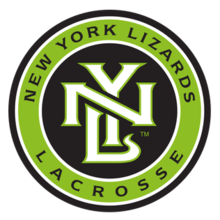
Primary Needs: attack, face off specialist, close defense, athletic midfield
New York had a lot of spots to fix in this draft. With their QB and faceoff man headed to the PLL and Kevin Crowley heading to Philly, the Lizards made some deals to grab two picks in the first round, and still had the top pick in the second round.
The first overall pick was TD Ierlan, who owns just about every faceoff record in the book at the college level. The third overall pick was attackman Colin Burke out of Utah. Burke started his career at Fairfield with a remarkable freshman season, then struggled and ultimately transferred to Utah. This year, Burke had really put it together, and was getting coached by Marcus Holman and Will Manny.
New York reached a bit with Charlie Trense at 7th overall, with other higher rated poles still on the board. Trense was the first of four straight defensive picks, as they also nabbed Tommy Wright, Sean New, and Rock Stewart in that order. New York’s best pick might have been their last, as they grabbed Andrew Pettit from Lehigh, a terrific goal scorer to plug in at attack, in the last round.
Recent developments, including TD Ierlan announcing he is returning to Yale, make this a whole lot tougher on New York, as they now still have a need at faceoff. They also may need to play Colin Burke at midfield.
Grade: C
Philadelphia Barrage
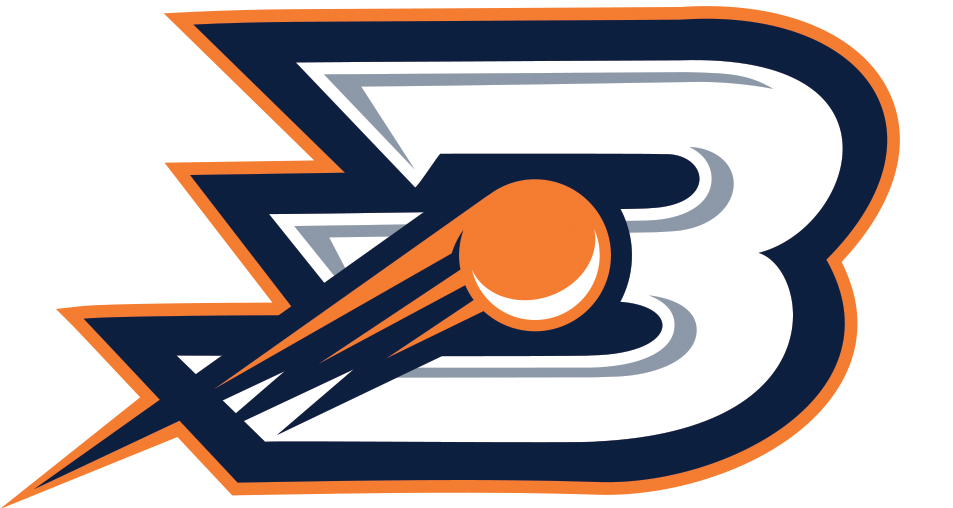
Primary Needs: close defense, athletic midfielders
The Philadelphia Barrage brings back an all-star goalie in Chris Madalon and the Defensive Player of the Year in Liam Byrnes, so it’s strange to think their defense is the biggest need, but another strong close defender would help them play with more consistency.
Philly also acquired a wealth of mid round picks in trades, so they had plenty of chances to do so. The Barrage grabbed Mark Evanchick with the ninth pick, one of the top poles in the class, who slid down the draft board a bit as the early run on poles happened. They also stole Boston University’s Reece Eddy, an extremely athletic LSM, with the 14th pick. Then things really got good.
With the 16th pick, they grabbed Matt Gaudet, a player with elite finishing skills and off-ball play to balance their attack. They also took Connor Fletcher (6’3, 220), Brendan Hoffman (6’6, 210), and James Whitmeyer (6’2,200). In the early rounds, they took Towson’s Jon Mazza (6’4, 205). Noticing a theme? The Barrage loaded up on big, athletic, physical specimens in the midfield, all of whom are impact players. Philly knocked this draft out of the park.
Grade: A
How well do you think your team drafted? Let us know in the comments below!

